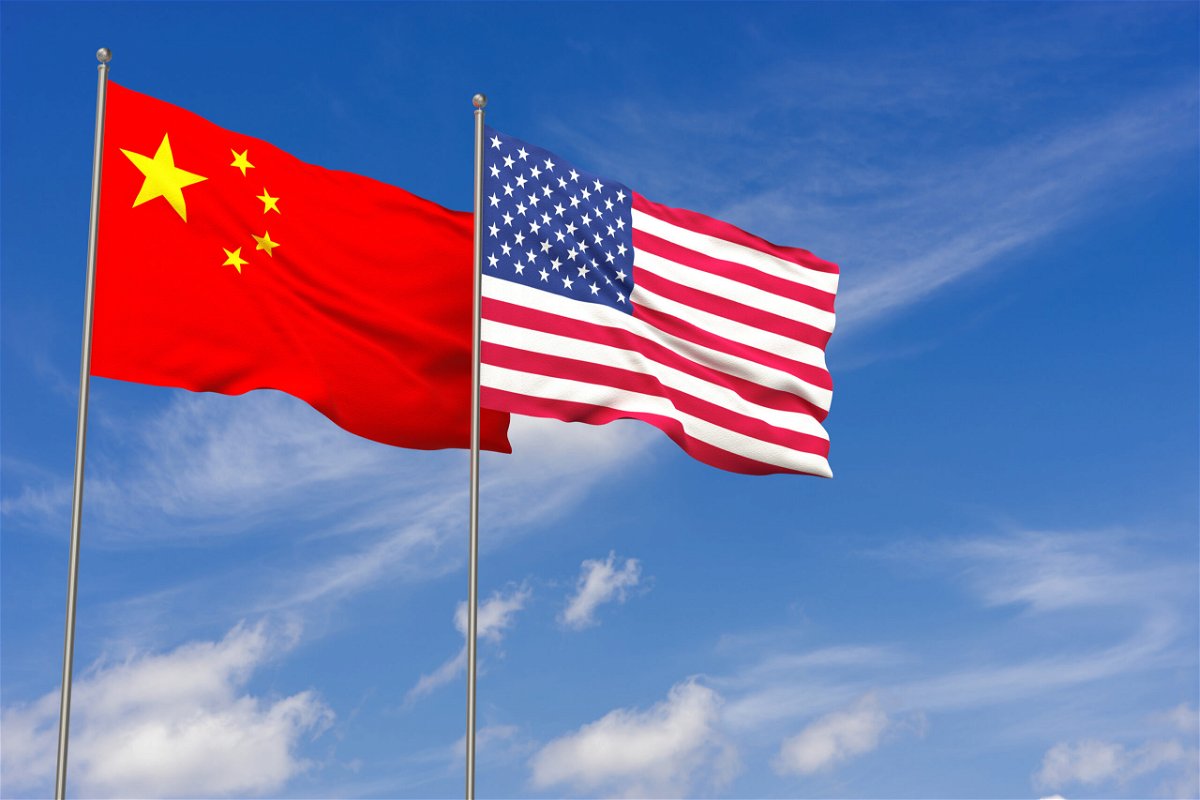China sentences elderly US citizen to life in prison on spying charges

The sentencing of Leung comes at a time when relations between Beijing and Washington are at their lowest point in half a century.
By Nectar Gan, CNN
A 78-year-old American citizen has been sentenced to life in prison by a Chinese court on spying charges.
John Shing-Wan Leung, who is also a Hong Kong permanent resident, was convicted of espionage and given a life sentence Monday by the Intermediate People’s Court in the eastern city of Suzhou, according to a statement on the court’s social media account.
Leung was detained on April 15, 2021 by state security authorities in Suzhou, Jiangsu province, according to the brief statement, which did not provide details on his charges.
The court also confiscated personal property worth 500,000 yuan ($71,797), the statement added.
Chinese authorities and state media have not previously disclosed any information on Leung’s detention or the court process that led to his conviction. Cases involving state security are usually strictly handled behind closed doors, where the judicial system has a conviction rate of around 99%, according to legal observers.
The US Embassy in Beijing said Monday it was aware of reports of Leung’s sentencing.
“The Department of State has no greater priority than the safety and security of US citizens overseas. Due to privacy considerations, we have no further comment,” a spokesperson for the US Embassy said in a statement to CNN.
Hong Kong was notified by Chinese authorities of the arrest of Leung in 2021, the city’s Secretary of Security, Chris Tang, said in a press conference on Monday.
The US State Department said Monday that it was “aware of the sentencing of a US citizen in the PRC on charges of espionage.”
State Department spokesperson Vedant Patel did not get into further specifics, citing “privacy concerns” but stressed that the US seeks to provide “all appropriate assistance,” including consular access, whenever a US citizen is detained abroad.
Asked if Leung has been designated as wrongfully detained, Patel said that “broadly on wrongfully detained designations that work is a deliberative process that is ongoing.”
The sentencing of Leung comes at a time when relations between Beijing and Washington are at their lowest point in half a century amid intensifying rivalry over trade, technology, geopolitics and military supremacy.
It also comes as American and Chinese officials are resuming high-level engagements since a dispute over a suspected Chinese spy balloon shattered efforts to mend ties earlier this year.
There are at least three other Americans publicly known to be imprisoned in China — Kai Li, Mark Swidan, and David Lin — all of whom have been designated as wrongfully detained by the US State Department.
Leung is among a growing number of foreign nationals to have been ensnared in China’s widening crackdown on espionage under leader Xi Jinping.
In March, Chinese authorities detained a Japanese employee of Astellas Pharma in Beijing on suspected espionage — the 17th Japanese national to have been detained in China since the counter-espionage law was introduced in 2014.
In another high-profile case, two Canadians — former diplomat Michael Kovrig and businessman Michael Spavor — were detained by China for nearly three years.
Their arrest on espionage charges in late 2018 came shortly after Canada arrested Chinese businesswoman and Huawei executive Meng Wanzhou on a US warrant related to the company’s business dealings in Iran.
Beijing repeatedly denied that their cases were a political retaliation, but the two men were nonetheless released on the same day Meng was allowed by Canada to return to China.
Last month, China passed a wide-ranging amendment to its already sweeping counter-espionage law, which will take effect from July 1.
The new legislation expanded the definition of espionage from covering state secrets and intelligence to any “documents, data, materials or items related to national security and interests,” and to include cyberattacks against state organs or critical information infrastructure.
The-CNN-Wire
™ & © 2023 Cable News Network, Inc., a Warner Bros. Discovery Company. All rights reserved.
CNN’s Beijing bureau and Jennifer Hansler contributed to this report
